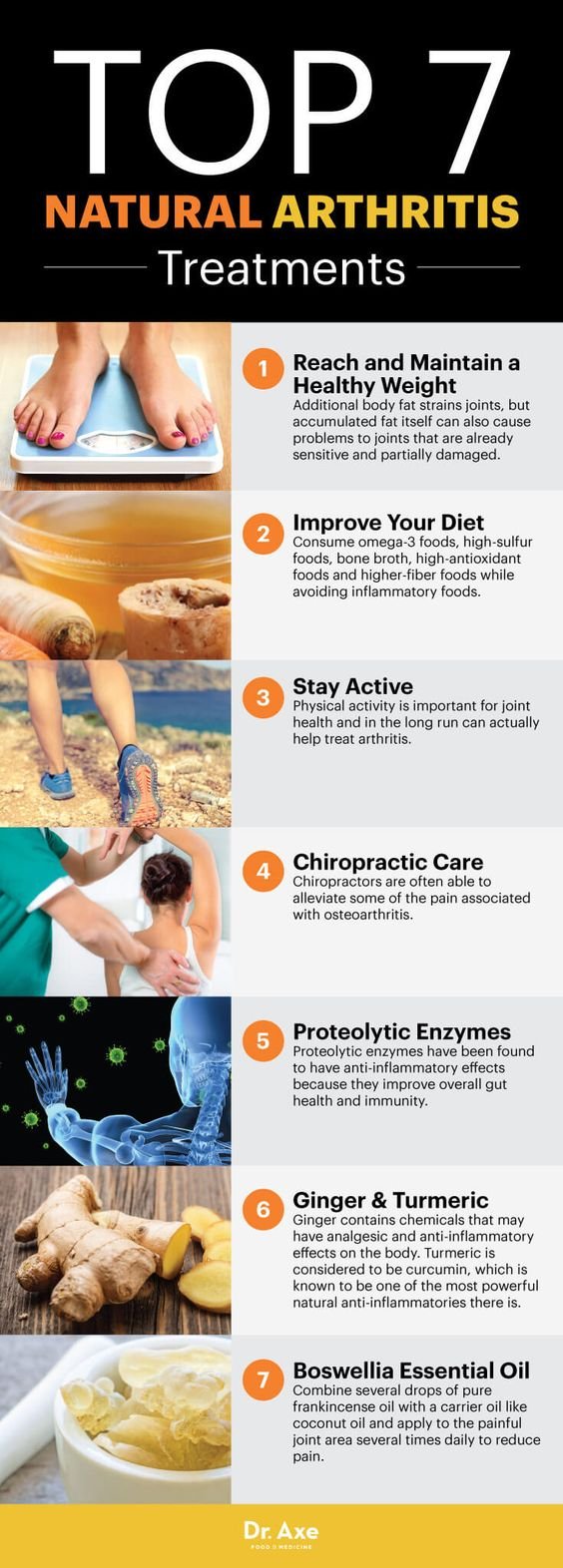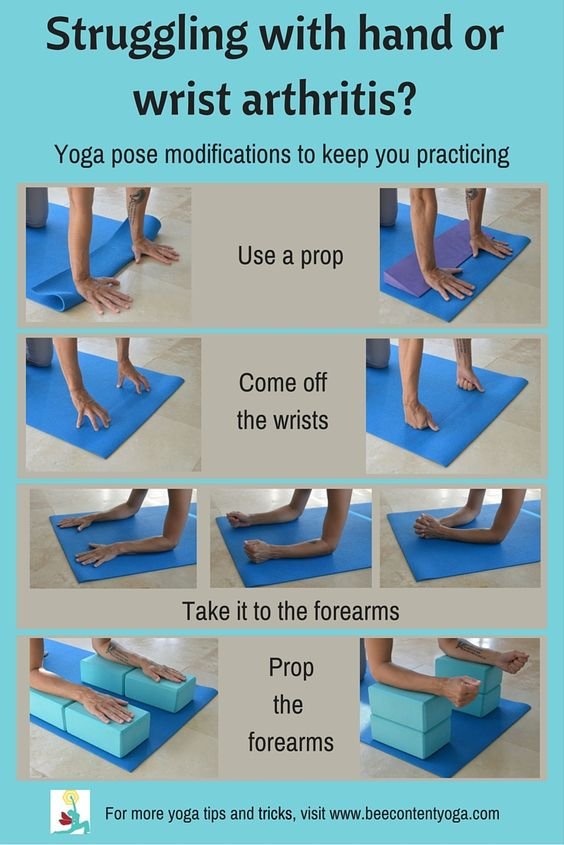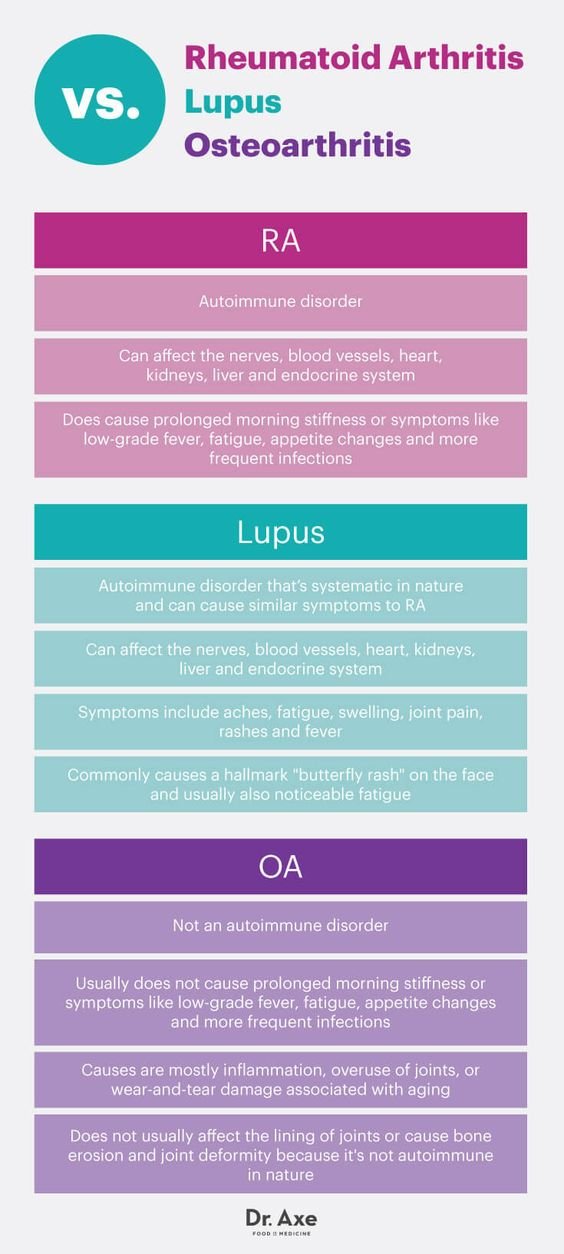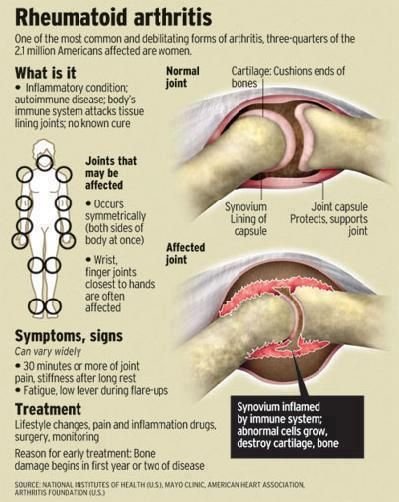What Women Should Know About Arthritis : You’re starting to feel stiffness in your joints that gets worse as days pass. You attribute it to old age and rightfully so since even with the healthiest of lifestyles, your joints are bound to wear out as you get older. However, did you stop to think that perhaps, you’re experiencing the tell-tale signs of arthritis? If you are struggling with morning or nightly pains or pains that get worse with heat or cold, maybe it is time to do a little assessment.
Arthritis, in Hindsight
Arthritis, in the simplest of definitions, is a disorder of the joints characterized by inflammation. The inflammation can either be local or systemic.
The process of inflammation involves the so-called inflammatory cascade. This starts with the secretion of pro-inflammatory hormones that activate white blood cells to clear out damaged tissues and fight bacteria and viruses. This process triggers swelling, redness, and pain.
Usually, the person’s own immune system activates the inflammatory response even when there are no viruses or bacteria to fight off; this is the case with autoimmune diseases like arthritis.
If the immune system is healthy, the inflammation is followed by healing due to anti-inflammatory compounds produced in the process. An unhealthy or compromised immune system, however, will not be able to bring about healing as expected.
The inflammation that typifies arthritis is normally accompanied by arthralgia or joint pain. What’s alarming is there are over 100 types of arthritis afflicting people of various age groups.
Risk Factors and Causes of Arthritis
Certain factors may put you at a greater risk of developing arthritis such as your gender, age, and age-related disorders. Certain types of arthritis can likewise be attributed to genetics. Since you can’t do anything about these, experts refer to them as non-modifiable risk factors.
On the other hand, there are modifiable risk factors that can be alleviated through proper lifestyle changes. These include joint injuries, weight, lifestyle, occupation (primarily those that require repetitive bending of the knees), and infections.
As for the causes, experts have deduced that these depend on the type of arthritis that you have developed. Hence, your arthritis can be due to a sustained injury, anomalous metabolism, a dysfunction of the immune system, infections, or you may have inherited it from your parents.
Types of Arthritis and Their Symptoms
With over a hundred types of arthritis, diagnosis is not that easy. To manage the condition better, consulting a professional rheumatologist constitutes the first line of treatment. Together, you can explore the signs and symptoms of the condition to rule out other possibilities. With the help of modern diagnostic tests, your doctor can zero in the real cause so that treatment can be started.
Some of the common types of arthritis and their symptoms are:
- Osteoarthritis (OA). This is the degenerative form of arthritis characterized by wearing and tearing of your joint cartilage, especially in your knee. The joint manifests stiffness in the morning and eventually loses flexibility. The joints commonly affected by osteoarthritis are the hands, knees, spine, and hips.
- Rheumatoid arthritis (RA). This disease is autoimmune in nature. The small joints of the fingers, wrists, arms, and legs are affected first. These spreads to elbows, knees, hip bones, neck, shoulders, and jaw as rheumatoid arthritis gets worse. These joints show puffiness, inflammation, and stiffness. These symptoms are worse upon waking up in the morning.
- Juvenile rheumatoid arthritis (JRA). This is the type of arthritis that develops in kids 18 years or younger. The inflammation of the joints is typically accompanied by either intermittent or high fever. The appetite is affected and the child may lose weight fast. Other symptoms include anemia, blotchy rashes on the arms and legs, soreness, and puffiness in the joints of the fingers, wrists, or knees. The child may also experience stiffness in the neck region.
Numbers Don’t Lie
Arthritis is a prevalent disability affecting children and adults. In the US alone, 54.4 million adults (22.7% of the adult population) have been diagnosed with arthritis by their doctors.
Osteoarthritis (OA) is the most common affecting about 31 million Americans. About 300,000 cases are juvenile arthritis (JA). The most common type is called juvenile rheumatoid arthritis (JRA).
Reports have shown that arthritis manifests higher incidence in women (at 26%) than in men (at 18%). Girls are said to be twice as likely to develop JRA compared to boys.
Arthritis can be an annoying condition. You may feel exasperated for not being able to do what you usually do. You may chronically be in pain if the condition is not managed and the program of treatment is not right. Nevertheless, remember that exercise, diet, and the right treatments can help manage the condition. For example, using orthotic aids for support and stabilization for knees can help you go about your usual routines. Getting well happens with the right diagnosis and assessment of the symptoms of arthritis, so consult with your doctor at the earliest signs of arthritis. With some changes in your lifestyle, there is no reason why you cannot enjoy a healthy, painless life.
Related Videos:
Arthritis – Know Foods to Eat and Foods to Avoid
https://www.youtube.com/watch?v=oe21TQNAX7s?autoplay=1&rel=0
If You Suffer from Arthritis Pain and Joint Aches, Here’s What You Should Know!
https://www.youtube.com/watch?v=NMF99zm-4oM?autoplay=1&rel=0
Important Details You Need to Know About Arthritis
https://www.youtube.com/watch?v=gYDNcVwn9F4?autoplay=1&rel=0
5 Warning Signs of Rheumatoid Arthritis
https://www.youtube.com/watch?v=NDtuPrcS3Zo?autoplay=1&rel=0
Arthritis Of The Fingers types and patterns – Everything You Need To Know
https://www.youtube.com/watch?v=2cw0f0IzEpA?autoplay=1&rel=0
Related Infographics:












What Women Should Know About Arthritis
do i have arthritis quiz, understanding arthritis, how to diagnose arthritis, is arthritis reversible, how to prevent arthritis, causes of arthritis, how do you know what kind of arthritis you have, how do you get arthritis,




